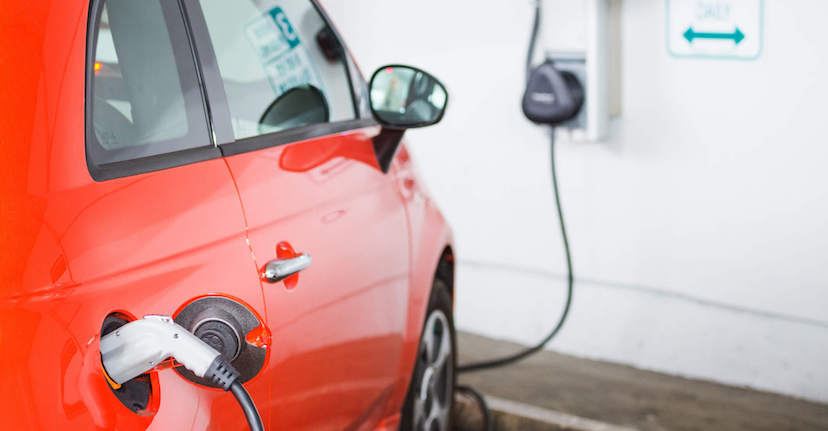Blame the Batteries
Car buyers face a bit of a double-edged sword these days. Gasoline prices are up near record highs, making traditional automobiles less attractive in comparison to electric vehicles. That said, the batteries used by EVs are getting more expensive for companies like Tesla (TSLA) and others.
Major players in the EV market have raised their prices on some models over the past several months. This includes industry-leader Tesla as well as Ford (F), General Motors (GM), Rivian Automotive, and Lucid Group. J.D. Power says the average price for an EV was up 22% year-over-year in May, coming in close to $54,000. During that same time frame the average price of a gasoline-powered car rose around 14%.
Costly Raw Materials
The most expensive component for EVs are the batteries, which power the car or truck in the same way internal-combustion of gasoline does for traditional automobiles. Due to a recent rise in the raw materials used to make those batteries, that cost is even more significant. For example, lithium, nickel, and cobalt have seen their price nearly double since the start of the COVID-19 pandemic.
Looking at how that rise in costs has impacted individual companies, Ford executives say the profit margin was wiped out on the Mach-E SUV. The carmaker has also raised its prices, citing inflation.
Industry Outlook
For now, analysts seem to think rising EV prices won’t do much to diminish consumer demand. There are EV models that have tens of thousands of reservations and years-long waiting lists. But some observers say the auto industry may cut back the amount of resources allocated toward EV development, as a result of higher raw materials costs.
Zooming out, in a recent survey from TrueCar, over 50% of respondents say higher gas prices have them considering an electric vehicle. There are also tax credits some may qualify for. The biggest obstacle to mass consumer adoption of EVs may well be the sticker price. For now, while the cost conscious are interested, it’s mostly just the affluent that can afford to look.
Things are changing daily within the financial world. Sign up for the SoFi Daily Newsletter to get the latest news updates in your inbox every weekday.
Please understand that this information provided is general in nature and shouldn’t be construed as a recommendation or solicitation of any products offered by SoFi’s affiliates and subsidiaries. In addition, this information is by no means meant to provide investment or financial advice, nor is it intended to serve as the basis for any investment decision or recommendation to buy or sell any asset. Keep in mind that investing involves risk, and past performance of an asset never guarantees future results or returns. It’s important for investors to consider their specific financial needs, goals, and risk profile before making an investment decision.
The information and analysis provided through hyperlinks to third party websites, while believed to be accurate, cannot be guaranteed by SoFi. These links are provided for informational purposes and should not be viewed as an endorsement. No brands or products mentioned are affiliated with SoFi, nor do they endorse or sponsor this content.
Communication of SoFi Wealth LLC an SEC Registered Investment Advisor
SoFi isn’t recommending and is not affiliated with the brands or companies displayed. Brands displayed neither endorse or sponsor this article. Third party trademarks and service marks referenced are property of their respective owners.
SOSS22062802
The post EVs Shield Buyers from Gas Prices, But They Also Cost a Lot Up Front appeared first on SoFi.




Leave A Comment